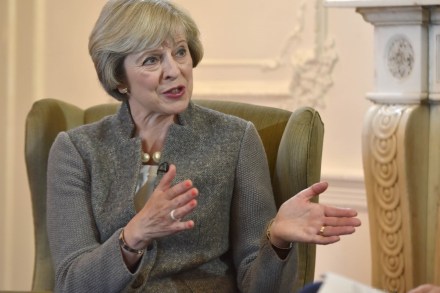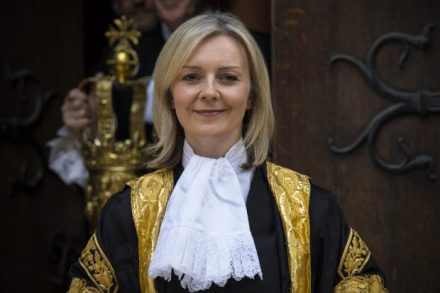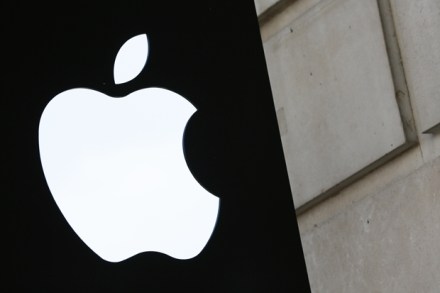G20 leaders have fallen for Project Fear
So, last week’s sharp rise in the Purchasing Managers’ Index (PMI) for manufacturing wasn’t a freak. This morning its twin, the PMI for the much larger services sector, also showed a huge rebound to 52.9, more than reversing the fall to 47.4 in July and putting it marginally ahead of PMI for the Eurozone, which stands at 52.8. The combined PMI was 53.2 in August. Anything above 50 suggests that the economy in expanding while anything below 50 suggests contraction. Just like last week’s manufacturing figure, this morning’s news seems to have caught forecasters unaware: the consensus was for PMI in services to be 50.0. It is a reminder of just


















